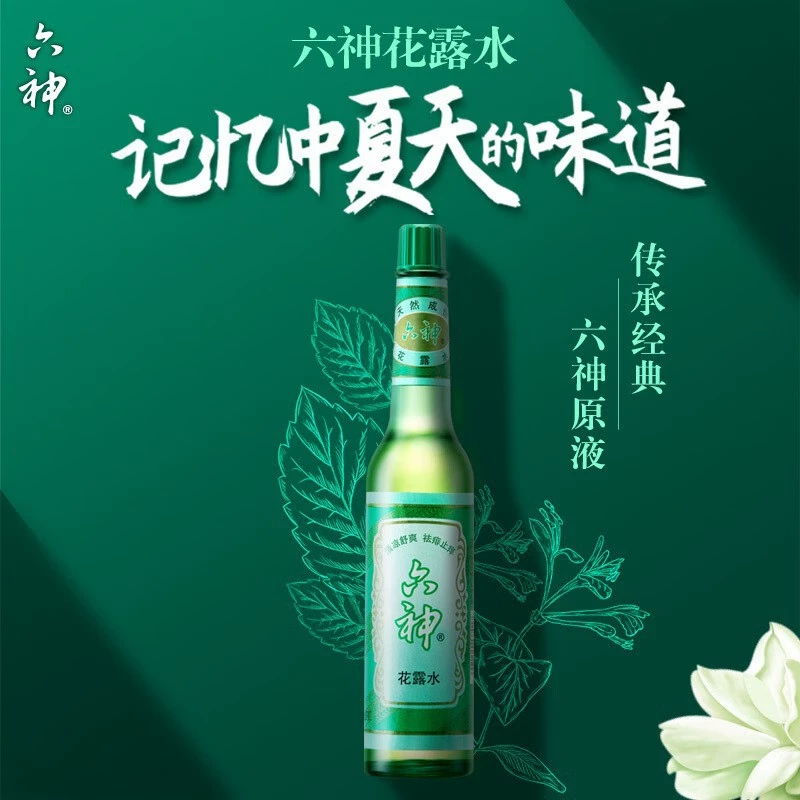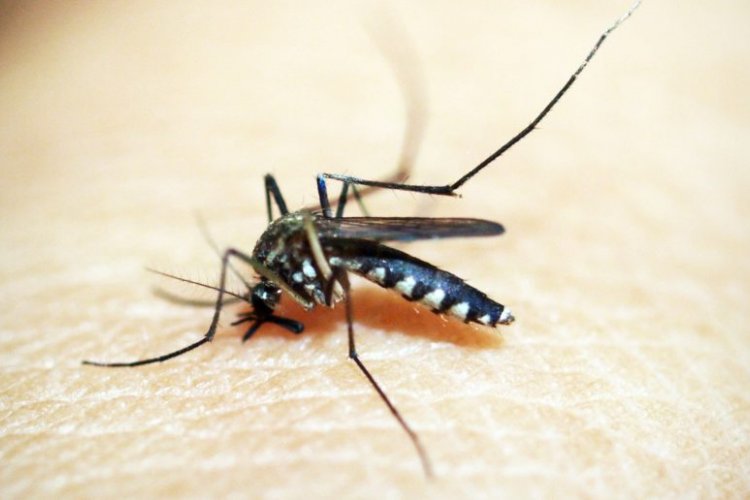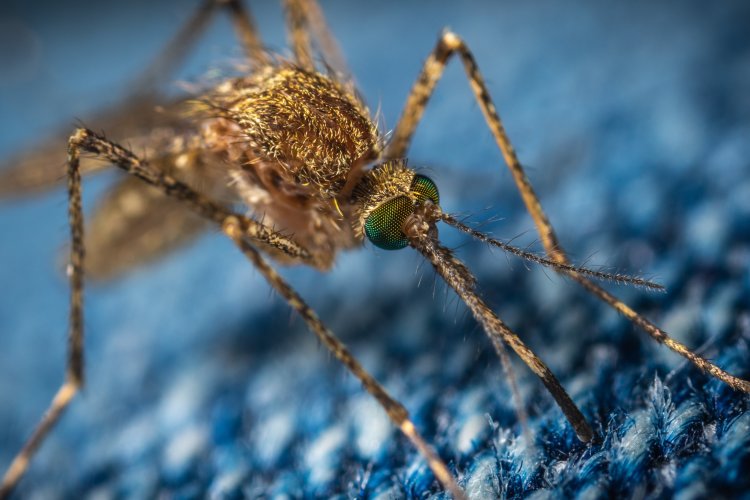Battling Mosquitoes: From Old Remedies to High Tech Solutions
The end of summer and early fall can be one of the most active times of year for mosquitoes, and each year, Beijing transforms into a battlefield where humans wage war against these tiny opponents. It's an arms race fought in bedrooms, courtyards, parks, and hutongs. The methods of defense range from age-old traditions passed down through families to gadgets that promise high-tech solutions, with each weapon as much about ritual as about results.
The battle against mosquitoes in Beijing isn't new, but this year it deserves particular attention due to some imported cases of chikungunya in Beijing. So, here we're exploring some of the ways you can win the fight against these pests in their final active weeks.
Old-School Defenses

Cultivating fragrant herbs remains a revered strategy. Mint, basil and citronella planted around balconies or courtyard edges subtly mask human scent and make these areas less inviting to mosquitoes. These herbs not only act as gentle repellents but also add a welcome touch of green to apartment windowsills. For generations, Beijingers have relied on remedies that smell as much like nostalgia as they do like a deterrent. Burning mugwort (艾草 àicǎo) has long been believed to drive away pests, its pungent smoke curling through courtyards on humid nights.

When it comes to natural remedies, lemon eucalyptus oil (柠檬桉叶油 nínɡménɡ ānyè yóu) is also an effective mosquito repellent, with protection times comparable to some synthetic compounds. A quick Taobao search will turn up sprays and essential oils that actually work in the field. Peppermint oil (薄荷油驱蚊液 bòhe yóu qūwén yè) has its advocates too, though it comes with caveats: It's most effective when applied warm, hardly ideal in the sticky heat, and it can irritate sensitive skin. Diluting it with a neutral carrier oil is the safer route, making it a more cautious but still viable option.
Flower water sprays and coil solutions are other time-tested tricks, though their effectiveness is often debated. For many, though, these remedies are less about guaranteed victory and more about continuity: using what parents and grandparents used, linking one sticky Beijing summer to the next.

花露水 huālùshuǐ, the fragrant and slightly old-fashioned “floral water,” doubles as both perfume and mosquito repellent. Among the most popular is Liushen Floral Water (六神花露水 liùshén huālùshuǐ), instantly recognizable by its green bottle and cooling menthol kick. It can be dabbed directly onto the skin to relieve bites or sprayed lightly over the body as a preventative shield.

Another icon of defense is LONGLIQI Floral Water (隆力奇花露水 Lónglìqí huālùshuǐ). This lightly scented liquid has been cooling the skin and discouraging mosquito bites for generations. People also splash it on bed linens for a refreshing effect. Its herbal smell is instantly recognizable, a nostalgic reminder of sticky childhood summers.

Then there are mosquito coils (蚊香 wénxiāng), a familiar sight in courtyards and hutongs. The Lanju Mugwort Mosquito Coils (揽菊艾草蚊香 Lánjú àicǎo wénxiāng), are a popular choice thanks to their herbal scent and long burn time. Each coil can smolder for hours, creating a protective barrier of smoke that deters even the most determined intruders. The smell may not be for everyone, but for many Chinese people it's the half medicinal and half nostalgic fragrance of late summer evenings.
Apart from the chemical strategies above, choosing the right clothing also matters. Mosquitoes are drawn to dark, contrasting colors, so light and loose-fitting garments offer less visual appeal and better airflow. Avoiding floral-scented soaps and lotions can further reduce one's scent profile. Mosquitoes are more attracted to these fragrances, while neutrally scented or coconut-based products offer quieter protection.
Tech vs. Mosquitoes

Of course, modern people have more weapons at hand. The electric mosquito swatter (电蚊拍 diànwénpā), a simple mesh racket powered by batteries, is perhaps the most satisfying invention of them all. Few sounds rival the tiny crack of static when the swatter meets its target, producing a small spark and an outsized sense of triumph.

For those who prefer their mosquito defense without smoke or sticky residue, plug-in mosquito repellent vaporizers are a go-to modern option. Small devices that warm either a mat (蚊香片 wénxiāng piàn) or a liquid refill (蚊香液 wénxiāng yè), they release a nearly invisible shield against mosquitoes throughout the night. The quiet, odorless protection makes them especially popular for bedrooms and children's rooms. Just plug one into an outlet before bed, and you can drift off without the fear of being ambushed mid-dream. There are also now smart repellents that plug into USB ports or sync with mobile apps, promising sleek design and algorithm-driven mosquito control.

Finally, for those seeking maximum protection when out, there are, of course, general mosquito repellents (驱蚊液 qūwén yè). Most of these have the active ingredient DEET (避蚊胺 bìwénàn) in them, a potent chemical that effectively blocks a mosquito's ability to sense human scent. Most bottles will say the percentage of DEET on the bottle; the higher the number, the stronger the spray. However, it comes with the caveat of an unpleasant, strong chemical spray, so many Beijingers choose more subtly scented or natural sprays.
Although mosquitoes are thoroughly annoying, they also occupy a curious place in cultural life. Complaining about them is almost a ritual, a conversation starter as common as small talk about air quality or traffic. Some online jokes even exaggerate their big size, while memes portray them as miniature vampires immune to all human defenses. To be bitten is to be part of the city's shared seasonal experience.
The tools may vary, but the enemy is always the same. And when we sigh, slap or spark our way through another mosquito-filled night, we are not just fighting pests. We are participating in a long, ongoing tradition that makes every summer and early fall unmistakably, unavoidably, itself.
READ: Taobao Picnic Must-Haves for Perfect Beijing Outings
Images: Canva, Taobao




